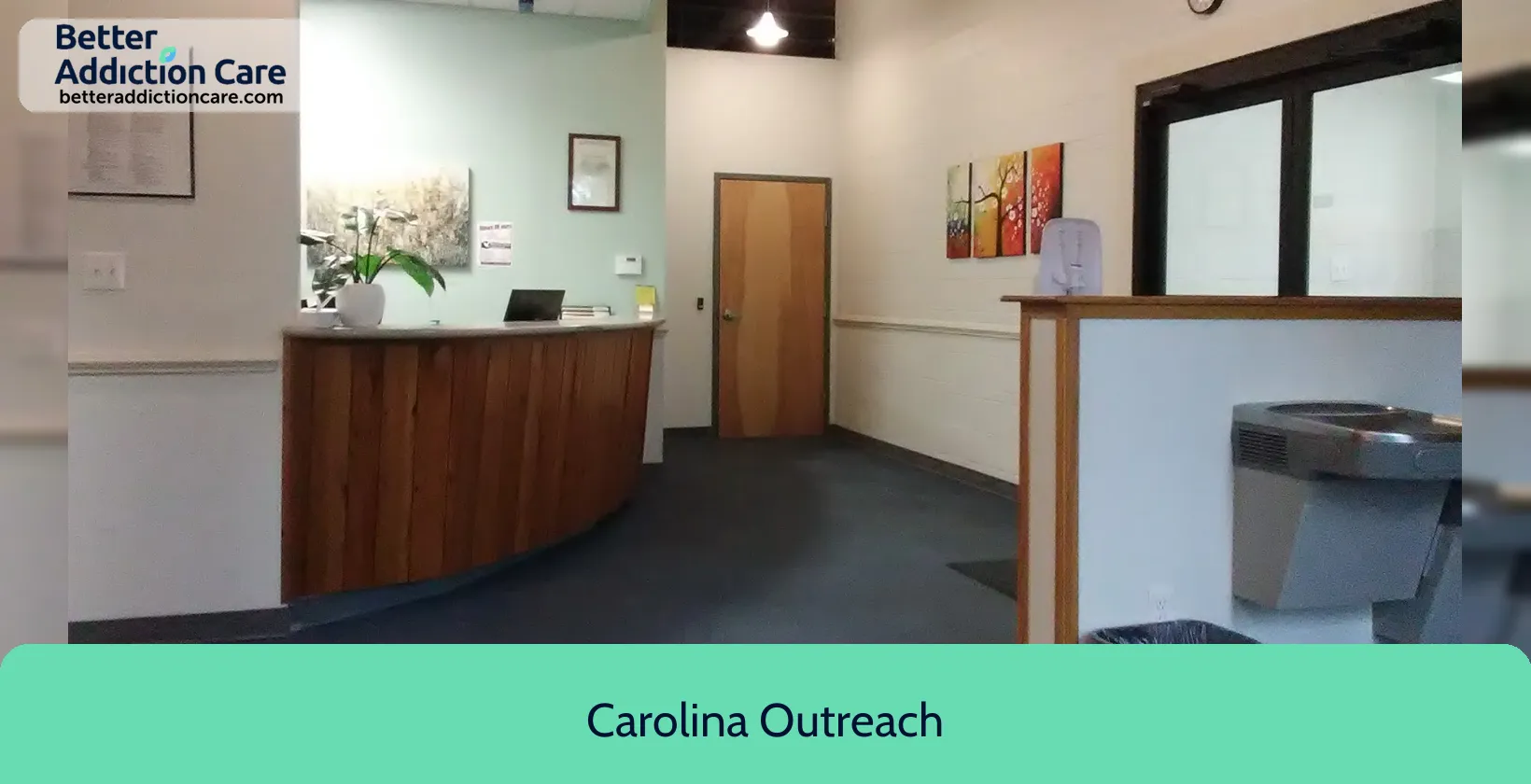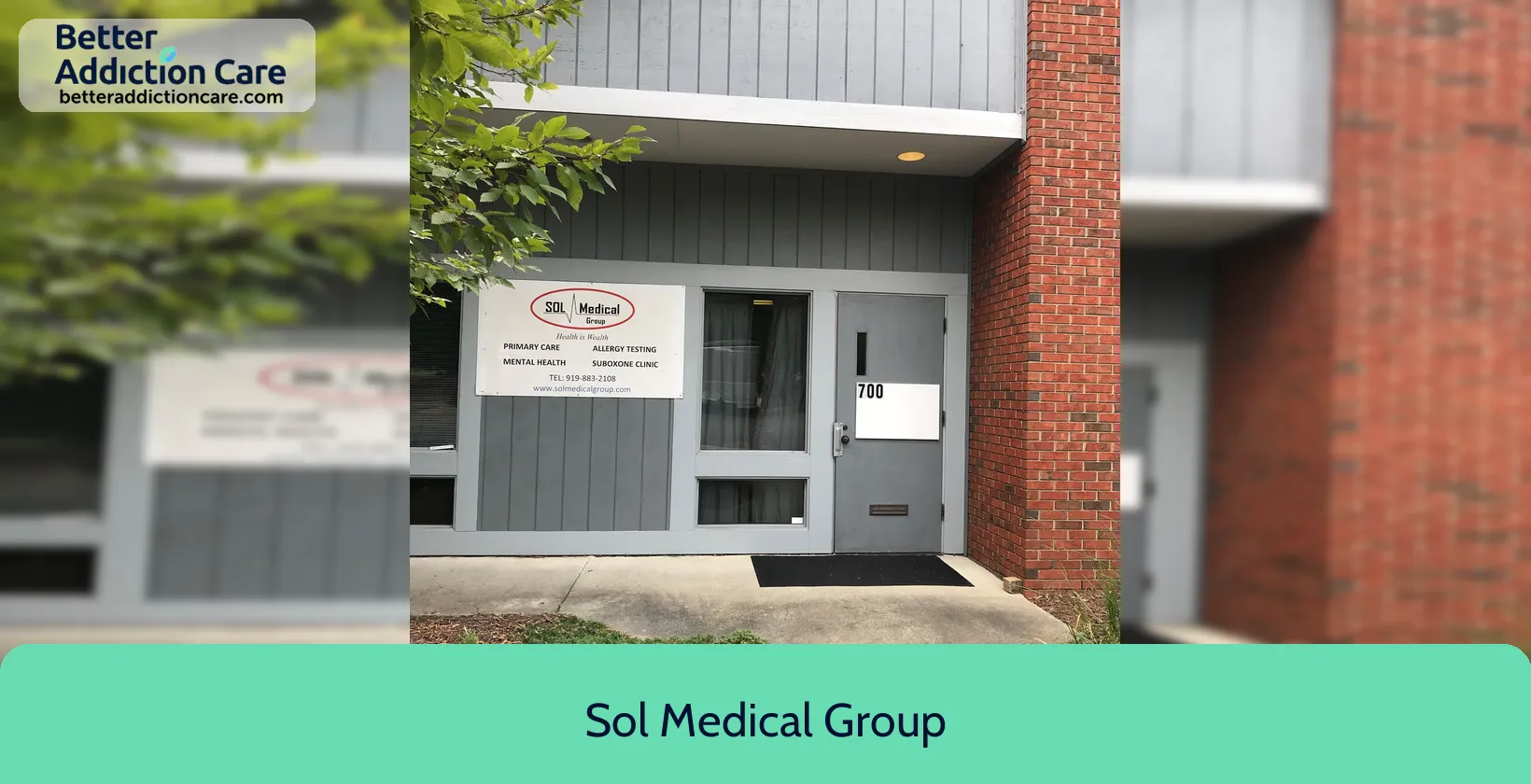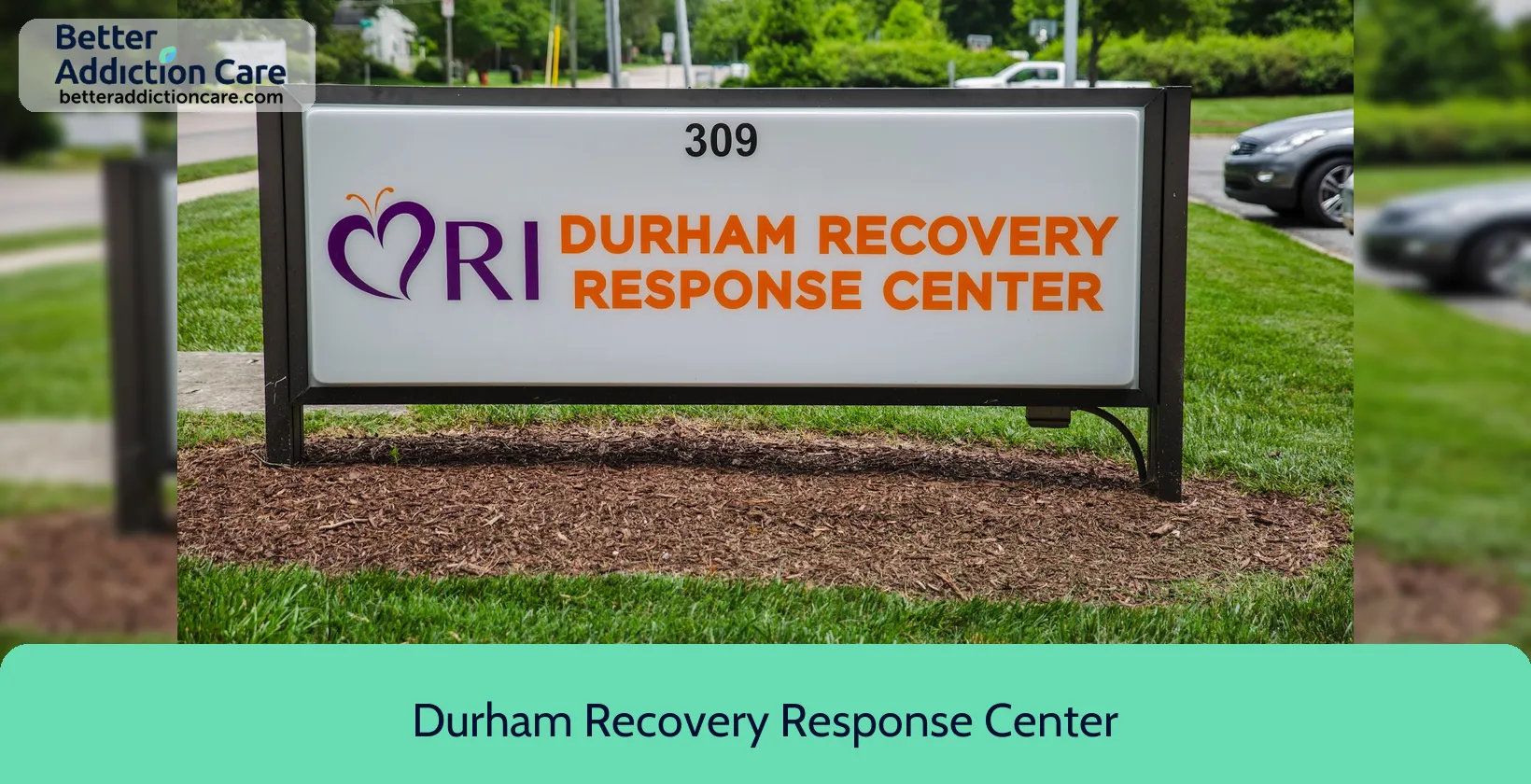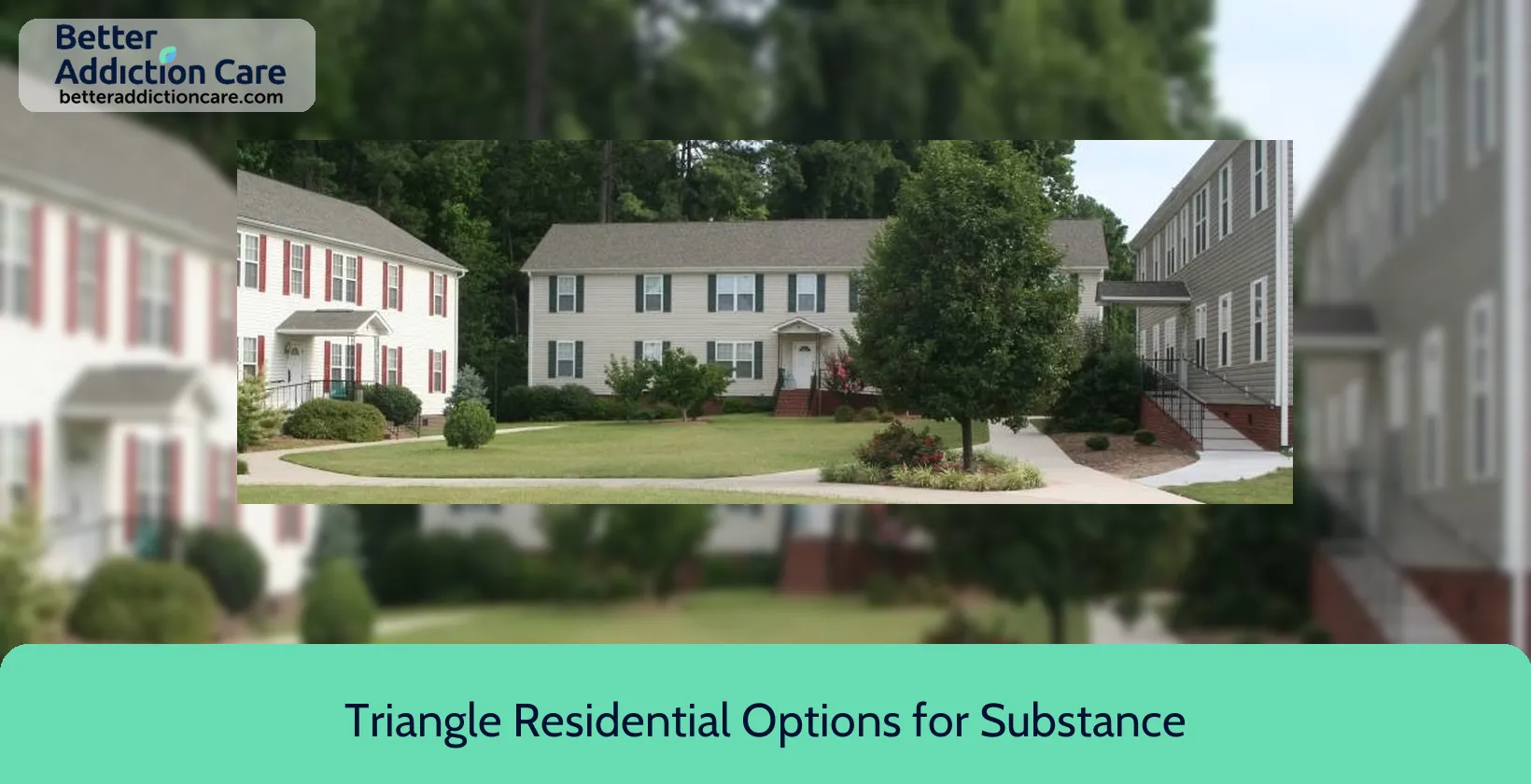Duke Integrated Pediatric Mental Health

Overview
Duke Integrated Pediatric Mental Health is a mental health treatment center for people seeking treatment near Durham County. As part of their treatment modalities for recovery, Duke Integrated Pediatric Mental Health provides cognitive behavioral therapy, telemedicine/telehealth therapy, and substance use disorder counseling during treatment. Duke Integrated Pediatric Mental Health is located in Durham, North Carolina, accepting cash or self-payment for treatment.
Duke Integrated Pediatric Mental Health at a Glance
Payment Options
- Cash or self-payment
- Medicaid
- Medicare
- State-financed health insurance plan other than Medicaid
- Private health insurance
Assessments
- Screening for tobacco use
- Comprehensive mental health assessment
- Comprehensive substance use assessment
- Interim services for clients
- Outreach to persons in the community
Age Groups
- Adolescents
- Young adults
- Children/adolescents
- Adults
Ancillary Services
- Case management service
- Suicide prevention services
- Mental health services
- Social skills development
Highlights About Duke Integrated Pediatric Mental Health
6.89/10
With an overall rating of 6.89/10, this facility has following balanced range of services. Alcohol Rehabilitation: 8.00/10, Drug Rehab and Detox: 6.00/10, Insurance and Payments: 6.00/10, Treatment Options: 7.58/10.-
Alcohol Rehabilitation 8.00
-
Treatment Options 7.58
-
Drug Rehab and Detox 6.00
-
Insurance and Payments 6.00
Treatment At Duke Integrated Pediatric Mental Health
Treatment Conditions
- Alcoholism
- Mental health treatment
- Substance use treatment
- Co-occurring Disorders
Care Levels
- Outpatient
- Regular outpatient treatment
- Aftercare
Treatment Modalities
- Cognitive behavioral therapy
- Telemedicine/telehealth therapy
- Substance use disorder counseling
- Trauma-related counseling
- Smoking/vaping/tobacco cessation counseling
Ancillary Services
Languages
- Sign language services for the deaf and hard of hearing
Additional Services
- Pharmacotherapies administered during treatment
- Discharge Planning
- Drug or alcohol urine screening
Special Programs
- Clients who have experienced trauma
- Persons 18 and older with serious mental illness (SMI)
Get Help Now
Common Questions About Duke Integrated Pediatric Mental Health
Contact Information
Other Facilities in Durham

6.96

7.14

7.01

7.19

6.84

7.17

7.34

6.74
DISCLAIMER: The facility name, logo and brand are the property and registered trademarks of Triangle Residential Options for Substance Abusers (TROSA), and are being used for identification and informational purposes only. Use of these names, logos and brands shall not imply endorsement. BetterAddictionCare.com is not affiliated with or sponsored by Triangle Residential Options for Substance Abusers (TROSA).
